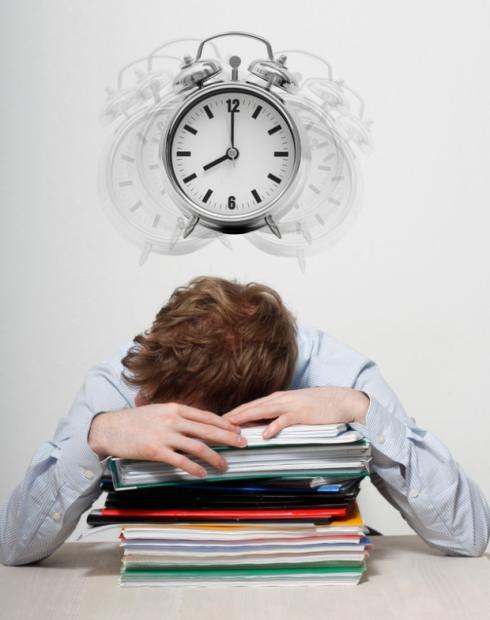A smartphone "hangover" plaguing people that check their smartphones after 9:00 p.m. revealed users tend to be more exhausted the next day, according to a new study from Michigan State University. The drop in energy and productivity level is similar to a drinking hangover suffered the morning after partaking too much at the local pub.
"It can be a double-edged sword," said Russell Johnson, MSU assistant professor of management, in a statement. "The night-time use of smartphones appears to have both psychological and physiological effects on people's ability to sleep and on sleep's essential recovery functions."
How everyone feels each day is strongly correlated to healthy sleeping habits, with sleep quality - and quantity - impacting personal health. As more people begin to look for ways to improve sleep, a custom sensor-based inference algorithm is being tested to help educate sleepers and help develop better habits. There also are a growing collection of wearables and accessories that help study - and improve - sleep habits.
Smartphones - and other technologies - tend to force users to engage in activities instead of leaving time for the brain to mentally unwind.


